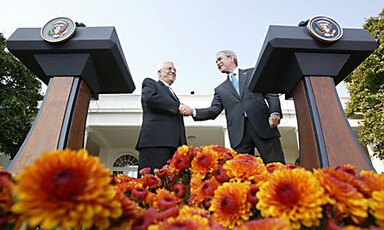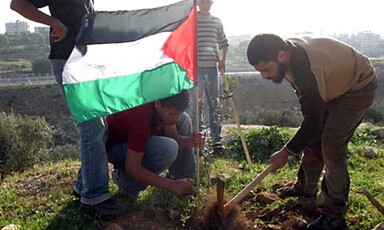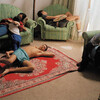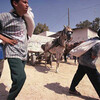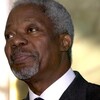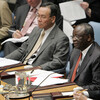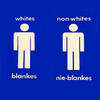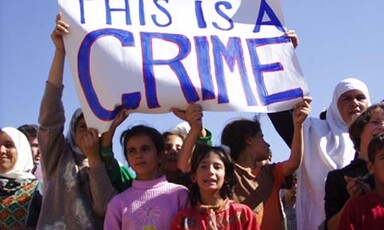
The Wall and the psychological impact on children
24 October 2005
On 26 September 2005, the Palestinian Counseling Centre (the PCC) announced the results of a survey on the psychological implications of the construction of the wall on people from five villages in the Qalqilya district. In 2003, the PCC conducted a pilot study, which was followed by the survey from early 2004 to August 2005. The study showed a proportional relationship between exposure to the wall and the occurrence of nightmares and aggressive behaviour in adolescents and children. The PCC’s study makes it clear that the wall has an impact on the mental health of adults and children. According to the PCC, the wall can be seen as a construction meant to confine and isolate people, which are the key characteristics of a prison. Read more about The Wall and the psychological impact on children


